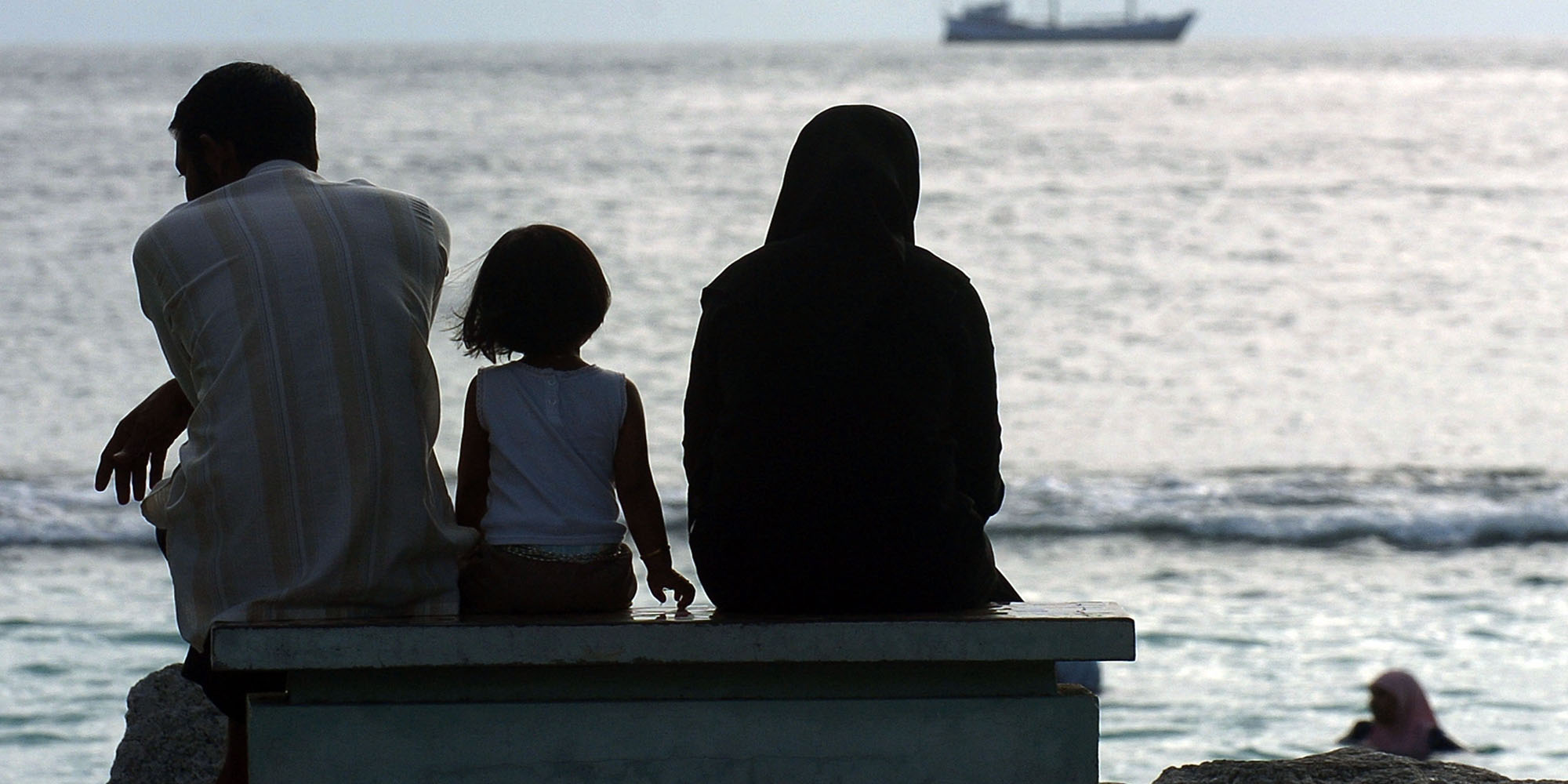REPORTAGE
At around 8 p.m. on February 4, two motorcycle terrorists attacked a group of foreign nationals in the Maldives, near the international airport. Result: three injured, an Australian and two Chinese. In the process, a terrorist organization claiming to be close to ISIS claimed responsibility for the attack in a video broadcast on Telegram. The authors, radical Islamists, threatened the government to attack tourists again. So far, six suspects have been arrested by police who believe they are holding the attackers and their sponsors.
But this event betrays a real phenomenon of religious radicalization in the Maldives, this group of 1,200 islands in the middle of the Indian Ocean, of which 200 are inhabited. Officially, 173 Maldivians left to join the Islamic State, for a total population of 393,000 people, a relatively large figure therefore. In addition, the Maldivian police have identified and are monitoring 1,400 radicalized people throughout the archipelago, considered as extremists who could take action.
The return of the jihadists
Above all, the Maldives have decided to repatriate their jihadists from Syria and reintegrate them into society after having followed a program of deradicalization and reintegration. Officially, the future "National Reintegration Center" will have around 100 places. But beyond the jihadists, it could also harbor radicalized Maldivians.
The high walls of the building, freshly painted gray, are already topped with barbed wire. This deradicalization center is located close to one of the most famous surf spots in the country, overflown by seaplanes that transport tourists. But the imminent arrival of jihadists repatriated from Syria does not worry the residents. "No, I'm not afraid. Since there is a prison here, there is a lot of security on the island so there is no threat," said Ali, 50, who has always lived on this island.
>> Find all of Nathalie Levy's programs in replay and podcast here
A reinsertion SAS
The future director of this center has agreed to reveal exclusively to us the plans and operation of this establishment. Men and women will be separated, helped for a year by psychologists, teachers and social workers. "The main principle is that when they leave the center, they have a job according to their preference. If they are involved in society, it makes them a job in life, and thus, of other people can no longer influence them, "argues to Europe 1 the future manager of the center.
The deradicalization and reintegration program has yet to be approved by the Maldivian president in the coming days. But the first occupants could arrive before the summer.

